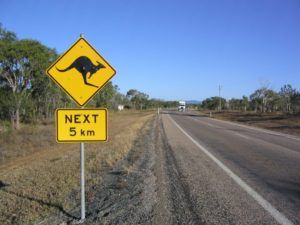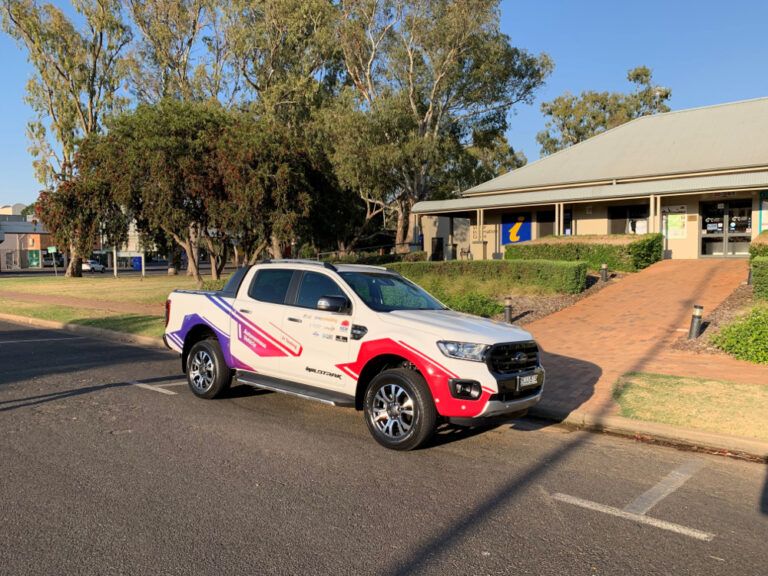International multidisciplinary infrastructure consultancy Amey is to begin trials of the world’s first retrofitted autonomous pickup truck in Australia next year.
Amey Australia’s regional autonomous vehicle trial was unveiled at the Australia and New Zealand Driverless Vehicle Initiative (ADVI) summit by the New South Wales Minister for Regional Transport and Roads, Paul Toole, in Sydney last month.
The project will see Amey operate the world’s first pickup truck retrofitted with autonomous driving technology around the regional town of Dubbo, which is situated 248 miles (400km) north west of Sydney. Equipped with a ‘crew cab’, the vehicle will pick up passengers who can order a ride through an on-demand app. The project formally began in June this year, with eight months of development work required before the launch of the full self-driving passenger service starts, with the 12 months of on-road operations due to commence in March 2020.
As a key part of the project, Amey is also investigating technology that may help with the detection and avoidance of kangaroos, protecting drivers as well as wildlife on Australia’s regional roads. Currently an unsolved problem unique to Australia, collisions with animals make up 5% of all crashes on the country’s roads, 90% of which involve kangaroos and wallabies. Research into detection of these animals is a critical step in improving safety on local routes, with their presence widespread on both rural and suburban roads. Amey has brought together a complex team of local, national and international partners to support the delivery of the project on behalf of Transport for New South Wales (TfNSW).
“This is an exciting project for us in Australia. The power of technology in supporting mobility for those living in more remote areas of the world is of real importance,” Michael Holme, project manager for Amey Consulting. “The trial shows the practical outcomes that can be delivered for our communities in Australia when investment is made into smart infrastructure.”
NSW’s Minister for Roads, Maritime and Freight, Melinda Pavey, said, “No other country has to deal with the unpredictability of kangaroos hopping in front of cars, I’m excited we’re trialling technology that protects drivers as well as wildlife on country roads.”
Regional representative for Dubbo, Dugald Saunders, added, “Crashes involving kangaroos can be deadly. This trial will advance ways that cars of the future can detect and avoid collisions with these animals.”





